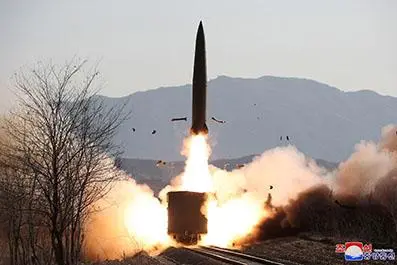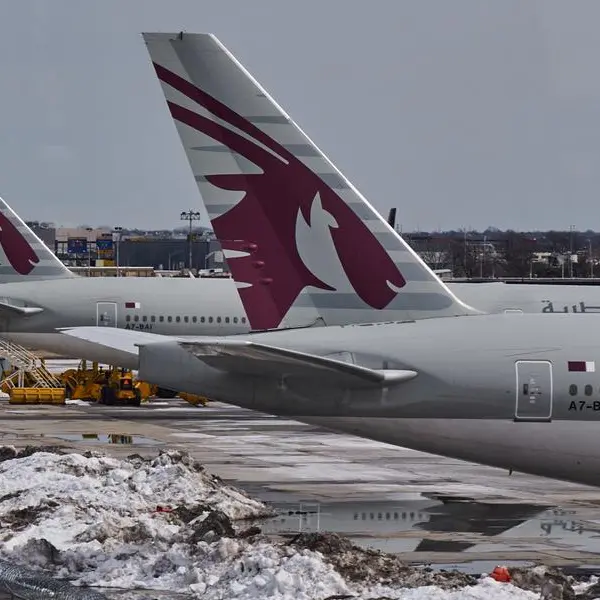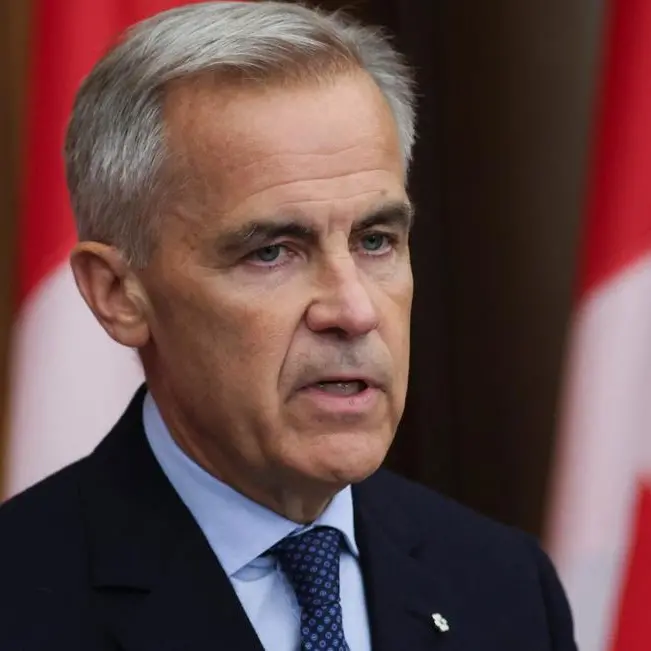PHOTO
SEOUL - North Korea's unusually active month of missile testing appears aimed at securing global acceptance of its sanctioned weapons programmes, analysts said, whether through concessions or simply winning tired acquiescence from a distracted world.
North Korea may feel safe taking advantage of the pandemic and Washington's preoccupation with crises such as Russia and Ukraine to fulfil leader Kim Jong Un's orders to advance its nuclear weapons and missile capabilities during his five-year plan, analysts said.
"The world’s distraction on other issues actually seems to be working to North Korea’s benefit right now," Markus Garlauskas, a senior fellow with the Atlantic Council think tank and former U.S. national intelligence officer for North Korea.
On Sunday North Korea tested an intermediate-range ballistic missile for the first time since 2017, its seventh test in the past month. U.S. and South Korean officials say they fear the launch could be a step toward fully resuming tests of its longest-range missiles or nuclear weapons.
The administration of U.S. President Joe Biden says it is open to talks with North Korea without preconditions, but those overtures have been rebuffed and the White House has not made the standoff a major talking point.
After North Korea tested several "hypersonic missiles" in early January, U.S. Secretary of State Antony Blinken said they were "profoundly destabilising" and that "some of this is North Korea trying to get attention. "
Analysts say that although North Korea clearly has messages for Washington and other countries, it is unlikely that seeking attention is a major goal.
The idea that Kim Jong Un orders tests of missiles just to “get attention” is one of the most frustrating and stubbornly held misconceptions about North Korea today, Garlauskas said.
“The North Koreans are not spoiled children ‘acting out’ … nor are these missiles just for show as propaganda ploys," he said. "These weapons programmes are very real, they are making meaningful strides much quicker than many give them credit for.”
North Korea is heavily sanctioned, including by U.N. Security Council resolutions, over its ballistic missile and nuclear weapons programmes. Talks aimed at persuading Pyongyang to give up or limit its arsenal in return for sanctions relief have been stalled since 2019.
'NORMALISING' WEAPONS TESTS
Raising U.S. awareness of North Korea is one reason behind the tests, but may not be the main goal, said Rachel Minyoung Lee, a former open source analyst for the CIA who is now with the Washington-based Stimson Center.
Kim Jong Un only officially attended one of the seven tests - his first in more than a year - and state media coverage has focused more on technical achievements and less on political messages than in 2017, for example. Sunday's Hwasong-12 test was not covered on the front page of the ruling party's Rodong Sinmun newspaper, as it was in 2017.
Lee said North Korea appears to want to keep the emphasis on the economy while proceeding with its defence development plan, “normalise” weapons tests and not make too big a deal out of them, and modulate the tone of the media coverage.
“North Korea has emphasized time and again that it has a right to develop and test weapons like any other sovereign country,” she said. “And Pyongyang seems to have realized that in order for its weapons tests to not be perceived as being different from what other countries are doing, it itself needs to start treating its weapons tests like a normal part of state affairs, just like most other countries in the world.”
Analysts say North Korea has made its missiles more capable of evading missile defences, developed new systems that can be hidden or attack from a range of locations, and ensured that existing models are reliable and effective - improvements that all must be tested.
The tests also help project government power at a time when the country is grappling with economic troubles and are likely seen as a tool for encouraging national pride ahead of major holidays marking the 80th birthday of Kim Jong Un's late father Kim Jong Il, on Feb. 16 and the 110th birthday of his late grandfather Kim Il Sung on April 15.
Even if Washington had the bandwidth to pay more attention to the North Korean nuclear issue, Pyongyang would likely continue to refuse direct talks because of the pandemic, keep perfecting its weapons technology, and maintain its high price tag for talks, said Duyeon Kim, with the U.S.-based Center for a New American Security.
“An automatic benefit (of the tests) is simultaneously building leverage ahead of any future diplomatic talks,” she said. “But they’ve made it pretty clear that they’re squarely inward focused right now… I don’t think it’s a cry for attention at all.”
(Reporting by Josh Smith. Editing by Gerry Doyle) ((JoshSmith1@thomsonreuters.com;))




















